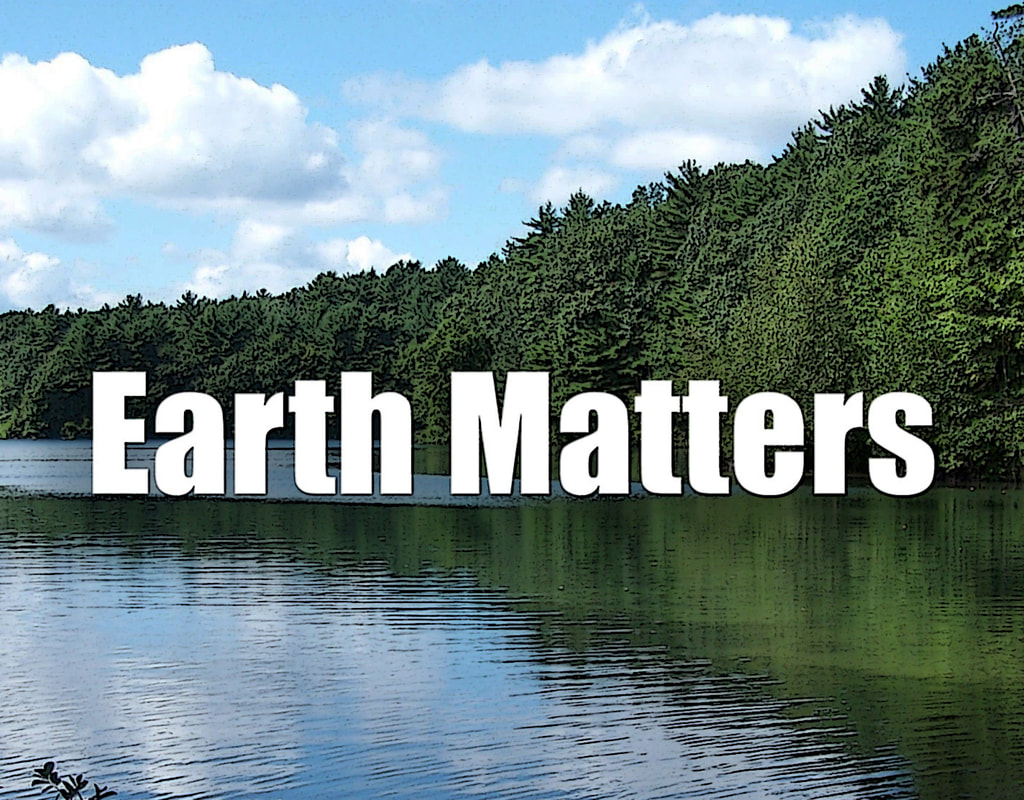|
Prescription drugs are intended to bring relief from discomfort or other challenging health problems. Yet they can also be the source of number of environmental, social and criminal trials and tribulations. It was with these problems in mind that the United States Drug Enforcement Agency (DEA) initially sponsored semiannual Drug Take Back collections across the US. Like many other places in Pennsylvania, four Blair County police departments now sponsor drug take-backs year-round. These include the following:
Until a few years ago, even health care professionals and poison control centers recommended putting drugs of all kinds down the toilet, rationalizing that getting them out of circulation was the most important consideration. We know now that many drugs persist in water and can be inadvertently passed onto to aquatic life and even humans that eventually drink that water. Yet a 2010 report from the United States Environmental Protection Agency (EPA) concludes that much is still unknown about how drugs and their ingredients get into water. Is it from flushing the drugs themselves or the flushing after they pass through our bodies? Or is an increase in topically applied cream medications resulting in more being washed down the drain when people bath or shower? Recent efforts to reduce the generation of waste drugs have focused on source reduction. That is to say, how can we reduce the amount of extra stuff that accumulates in the home? This appears to be caused by two practices: failure of the patient to take the drugs as directed and the dispensing of excessively large quantities by doctors. Just like so many other aspects of the drug accumulation problem, these issues are also very complicated. There are often times good reasons why drugs are not taken as directed and why doctors prescribe as much as they do. So even though we might (and should) do better as individuals and as a society in decreasing the wasting of drugs, it would seem that there will always be accumulation problems. This emphasizes the importance and worth of convenient drug take-back collections. Prescription drug abuse and the number of accidental poisonings and overdoses in the United States remain high, and DEA reports that most of those drugs come from family and friends. This free anonymous program is intended to prevent that illegal diversion, misuse, or abuse of those regulated substances.
0 Comments
Your comment will be posted after it is approved.
Leave a Reply. |
Hazardous Chemicals
Vinyl Chloride
Drugs & the Environment The Dangers of the Rail The Town Erased by PCB Hazardous Waste: Being Smarter PCBs Live On Other Categories
|
|
All Original Material - Copyright © - All rights reserved. No part of this site may be used without written consent. Email John with questions.
Site Powered by Weebly. Managed by Brush Mountain Media LLC. |
© COPYRIGHT
2010-2023. |

